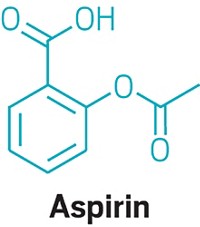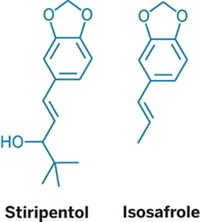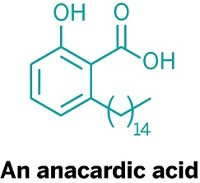Advertisement
Grab your lab coat. Let's get started
Welcome!
Welcome!
Create an account below to get 6 C&EN articles per month, receive newsletters and more - all free.
It seems this is your first time logging in online. Please enter the following information to continue.
As an ACS member you automatically get access to this site. All we need is few more details to create your reading experience.
Not you? Sign in with a different account.
Not you? Sign in with a different account.
ERROR 1
ERROR 1
ERROR 2
ERROR 2
ERROR 2
ERROR 2
ERROR 2
Password and Confirm password must match.
If you have an ACS member number, please enter it here so we can link this account to your membership. (optional)
ERROR 2
ACS values your privacy. By submitting your information, you are gaining access to C&EN and subscribing to our weekly newsletter. We use the information you provide to make your reading experience better, and we will never sell your data to third party members.
Biological Chemistry
Interorgan Signaling Could Help Diabetics
Cross talk between the liver and the pancreas may provide a new target for scientists developing therapies to treat type 1 diabetes
by Stuart A. Borman
November 24, 2008
| A version of this story appeared in
Volume 86, Issue 47
Cross talk between different organs may provide a new target for scientists developing therapies to treat type 1 diabetes, according to a paper in Science (2008, 322, 1250). Working with mice, researchers led by Hideki Katagiri and Junta Imai of Tohoku University Graduate School of Medicine, in Sendai, Japan, found that the liver of obese individuals sends a directive to the pancreas to build more insulin-producing β cells, leading to high amounts of insulin in the blood stream. This signal is pathological in obese animals, which can suffer health problems from too much insulin buildup. But an insulin-producing directive could be good for type 1 diabetics for whom the pancreas does not make enough insulin. In particular, the Japanese team pinpointed a protein kinase called ERK in the liver that when activated induces the production of pancreatic β cells. When the team tried activating ERK in mouse models of type 1 diabetes, "the signaling increased β cell mass and normalized serum glucose levels," the researchers write. "Thus, interorgan metabolic relay systems may serve as valuable targets in regenerative treatments for diabetes." The search has now begun for the molecular signals involved in transmitting the message, Katagiri says.





Join the conversation
Contact the reporter
Submit a Letter to the Editor for publication
Engage with us on Twitter